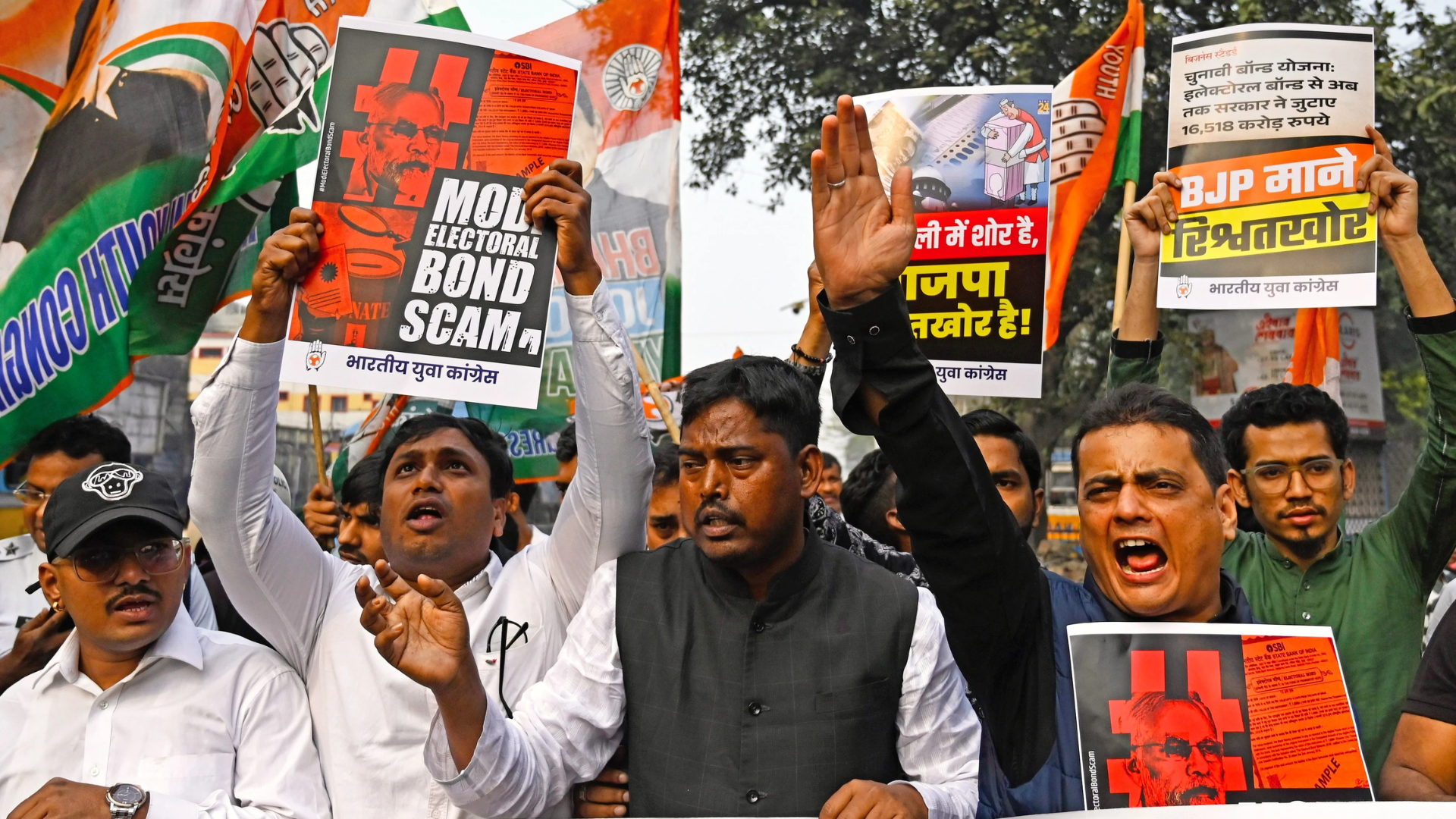Following the Election Commission’s release of the entire list of donors who purchased electoral bonds and the political parties that encashed them, Congress leader Jairam Ramesh has called on Union Finance Minister Nirmala Sitharaman to disclose the full data on donations under the now-scrapped Electoral Bonds scheme. Ramesh’s demand comes amidst growing concerns and allegations surrounding the use of electoral bonds for political funding.
In a statement on social media platform X, Ramesh emphasized the need for transparency, stating, “If these assumptions are untrue, then we invite her to release the full data of who donated how much to which political party. It will put an end to the discussion once and for all.” He pointed out that the Finance Minister oversees both the State Bank of India, which administers the Electoral Bond scheme, and the Enforcement Directorate, responsible for enforcing anti-corruption measures.
The Congress leader’s remarks come in response to Finance Minister Nirmala Sitharaman’s dismissal of suggestions linking raids by central agencies with electoral bonds as mere assumptions during a media conclave earlier.
Meanwhile, Shiv Sena (UBT) leader Sanjay Raut accused the BJP of being the primary beneficiary of electoral bonds purchased by gaming and gambling companies, labeling it as the “biggest scam in the country.”
Expressing concern over the issue, Rajya Sabha MP Kapil Sibal highlighted the lack of investigation by probe agencies into the matter. He criticized the government’s inaction, alleging a failure to fulfill promises made regarding black money and Swiss bank accounts.
In related developments, SBI Chairman Dinesh Kumar Khara informed the Supreme Court that the bank has provided details to the Election Commission regarding the encashment of electoral bonds, the recipient political parties, and the denomination of the bonds. According to SBI’s affidavit, a total of 22,217 bonds were purchased between April 1, 2019, and February 15, 2024.
The demand for transparency and accountability in electoral funding continues to intensify, with stakeholders calling for comprehensive disclosure of data to address concerns of potential financial irregularities and scams.
















